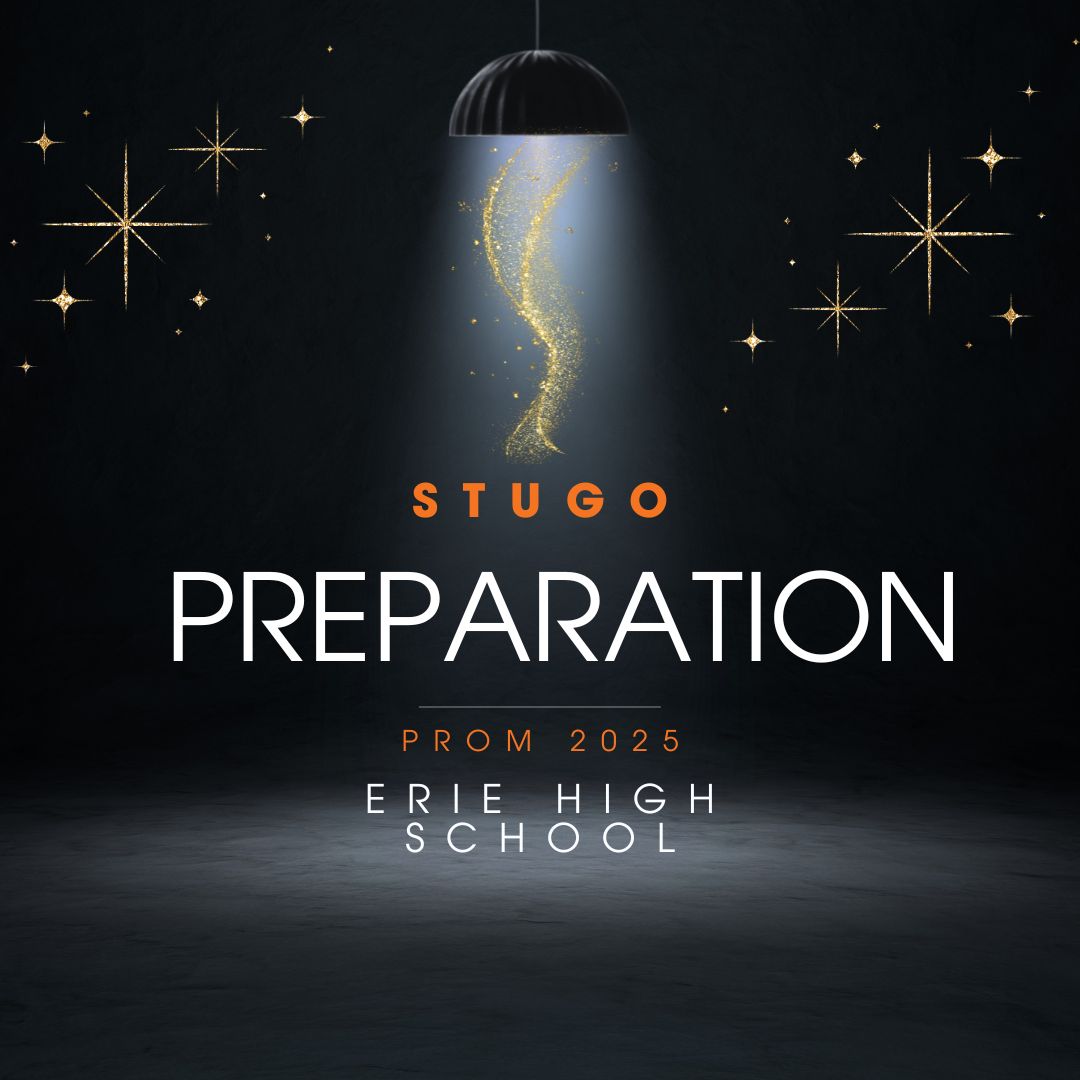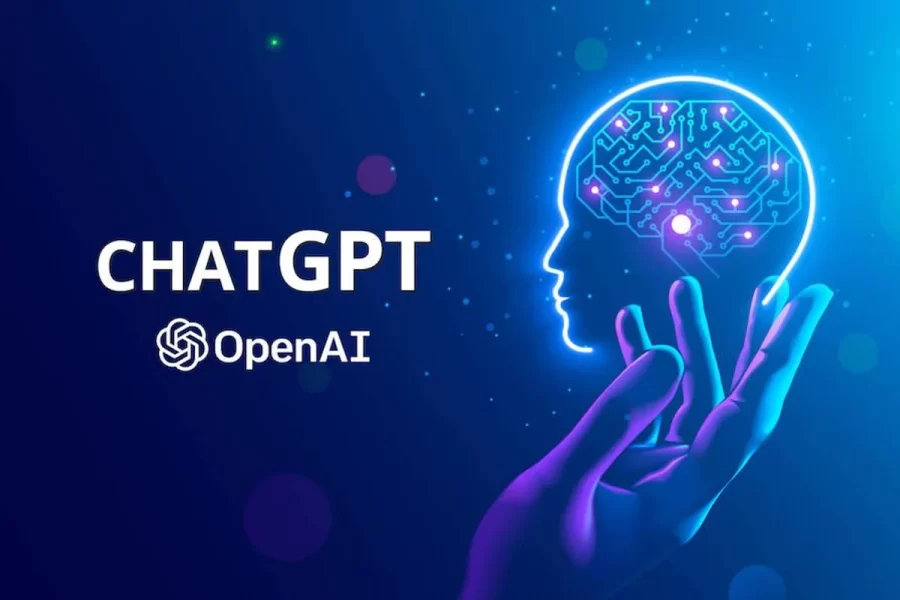Chat GPT- AI Taking Classrooms by Storm
May 24, 2023
We’ve all seen it in movies, artificial intelligence that can teach us anything, do tasks for us, and even have conversations with us. Yet, who expected that there would be real-life versions of robots like “Jarvis,” from Iron Man, who could have entire conversations with us. With recent advancements, AI tools are becoming a reality. AI stands for “Artificial Intelligence”, and AI assistants such as “Chat GPT,” have gained massive popularity as effectiveness has greatly improved.
Years ago we could ask “Siri” about the weather, or to do simple tasks on our devices such as opening an app. But Chat GPT is taking things to the next level. For example, it can respond to prompts and commands from simple conversations, all the way to writing entire essays with examples and cited sources. A student can give it a prompt such as “Write a five paragraph essay about the Revolutionary War, citing five pieces of evidence”, and ChatGPT will do exactly that in a matter of seconds. While this may seem extremely helpful, the clear downside is the inevitable attack on academic integrity. Students dealing with stressful deadlines may turn to Chat GPT to simply do work for them, which raises an obvious ethical dilemma, as teachers may not be able to detect such strategies of cheating. Students will clearly be enticed by such tools, as “writing” a 2000 word essay in five seconds instead of five hours is much more enticing for the average teenager.
As word of this new tool began to spread, it became extremely popular. It’s truly astonishing how powerful the website is, especially when considering that it’s only in its infancy. Many students are surprised as to how smart this tool is, student Benton Bradford says, “One of my friends told me about Chat GPT… I just type in questions and it answers them for me.”
As Bradford mentioned, you can truly type in whatever you want and it will generate an answer based on what it has learned. Yes, you read that right, it has the ability to learn. As Chat GPT gets older, it’s only getting smarter, as it’s able to rating information from “conversations” it has had with users in the past. While some people simply use it for fun, the clear problem with Chat GPT and similar AI tools is the blow they’re taking at academic integrity. Generally, students are lazy, and many will take the easy way out. With large projects and essays due at the end of the semester, Chat GPT was seen being used in a variety of classes. Yet, students know they are breaking rules of academic honesty, Bradford says, “You can ask it to research a question, and it will write a whole essay or paragraph for you…but that’s technically cheating.”
For example, the prompt: “Write a one sentence introduction to myessay on the revolutionary war” is entered into Chat GPT. It responds with: “”The Revolutionary War stands as a transformative and pivotal moment in American history, challenging the authority of the British Empire and paving the way for the birth of a new nation.” Many teachers would struggle to recognize that such writing is unauthentic and not student written. Therefore Chat GPT “antidotes” are gaining in popularity to keep up classroom morals.
So how are teachers and advisors supposed to crack down on such dishonesty? Programs such as “GPT Zero” are emerging in order to combat the trend. Teachers can use these by inputting students’ essays or other forms of work, and the program will determine whether or not AI is being used. At times it can be obvious when a student has used AI to write as sentences will sound robotic and lack tone or voice. Yet, other times it can be nearly impossible to tell whether or not work was written honestly or AI generated.
Organizations such as “College Board” have taken it a step further. College Board runs all AP classes, as well as the SAT test, two of the most important aspects of high school academics. Not only are they cracking down on AI, but they’re shelling out harsh punishments for those students who are caught cheating. Bradford explained, “If you get caught using Chat GPT in AP classrooms you won’t be able to take any more AP classes… and you can’t take the SAT.”
While the punishments may seem steep, College Board is setting a standard that should be constant throughout all classes. Any student who is caught using AI should be punished to the full extent, as it is an obvious violation of academic integrity. And as College Board has exemplified, by choosing to cheat with AI, students will deal with harsh consequences in the present and also ones that will affect their future. Not allowing students to take the SAT takes away their opportunity to portray their knowledge when applying to colleges, thus, such punishments should help to truly crack down on falsity.
Teachers at EHS have stressed the importance of avoiding using ChatGPT to create academic writing. While CollegeBoard is shelling out tough punishments, teachers aren’t holding back either. Student Preston Miller explained, “teachers have been giving zeros and using cheat detectors…”
While some teachers are completely against ChatGPT, some have been supportive of it under specific circumstances. These being that kids aren’t using it to write for them, or even paraphrasing responses. Instead, using it as an aid for academics, as a resource for ideas. For example, typing in the prompt, “what evidence should be looked for when forming an argument about the Revolutionary War.” This way students can use it to spark ideas for their writing instead of using it to write for them.
As Artificial Intelligence continues to make massive strides, who knows what technology we will see make its way into classrooms next. But it’s evident that teachers and other instructors’ main goal is to always keep the classroom honest and full of integrity. As Chat GPT continues to learn and grow hopefully we can see a trend in which students use it less for cheating, and much more as an aid for their own learning and writing.
And to show you its power, Chat GPT was used to check and edit grammar in this story.






































